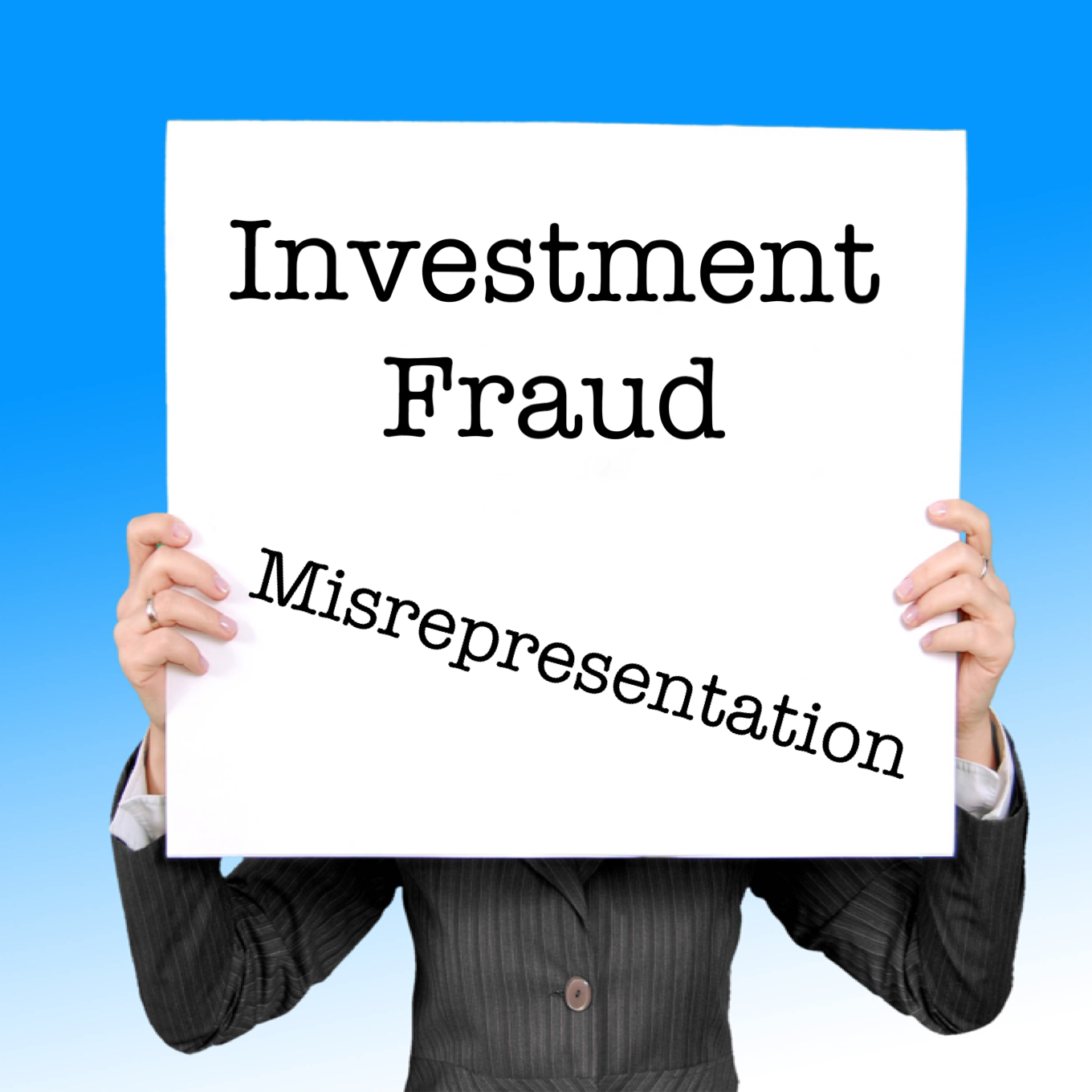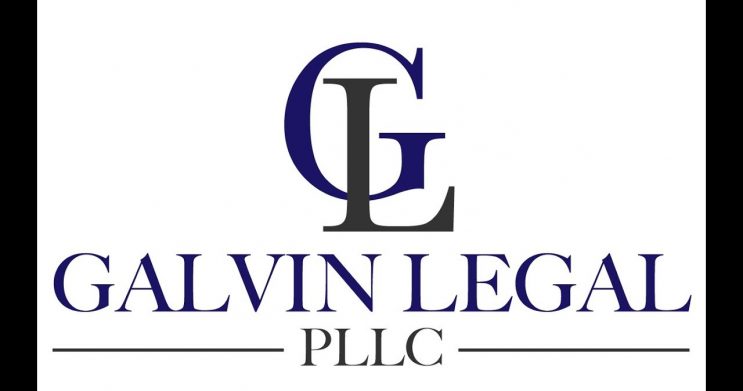
Did you lose money investing in UBS ETRACS 2x Monthly Leveraged Wells Fargo Diversified Business Development Company Index ETN Series B (BDCY)?
Galvin Legal, PLLC is launching an investigation on behalf of investors who suffered losses investing in UBS ETRACS 2x Monthly Leveraged Wells Fargo Diversified Business Development Company Index ETN Series B (BDCY) at the recommendation of their financial advisor. If you suffered losses, then Galvin Legal, PLLC may be able to help you recover your losses in a Financial Industry Regulatory Authority (“FINRA“) arbitration claim against the brokerage firm that recommended the investment.
If you suffered losses and would like a free consultation with a securities attorney, then please call Galvin Legal, PLLC at 1-800-405-5117.
What is a Business Development Company (BDC)?
A Business Development Company (BDC) is typically a publicly traded company that is similar to closed-end investment funds. They generally invest in small and mid-sized companies that are either developing or that are financially distressed.
BDCs were created in 1980 through a Congressional amendment to the Investment Company Act of 1940. One of the primary differences between a BDC and a venture capital fund is that BDCs typically allow non-accredited investors to invest.
The Investment Company Act of 1940 sets out several requirements for BDC. For example, BDC are required to be a domestic company and must be registered with the SEC. They must maintain at least 70% of their assets in U.S. firms with market values of less than $250 million and must distribute over 90% of their profits.
If you suffered losses and would like a free consultation with a securities attorney, then please call Galvin Legal, PLLC at 1-800-405-5117.
Due Diligence Requirement
FINRA requires brokerage firms to conduct due diligence on investments, such as UBS ETRACS 2x Monthly Leveraged Wells Fargo Diversified Business Development Company Index ETN Series B (BDCY), and to conduct a suitability analysis when recommending securities to a customer that takes into account the customer’s knowledge and experience. FINRA Rule 2111(a) states that “a member or an associated person must have a reasonable basis to believe that a recommended transaction or investment strategy involving a security or securities is suitable for the customer, based on the information obtained through the reasonable diligence of the member or associated person to ascertain the customer’s investment profile. A customer’s investment profile includes, but is not limited to, the customer’s age, other investments, financial situation and needs, tax status, investment objectives, investment experience, investment time horizon, liquidity needs, risk tolerance, and any other information the customer may disclose to the member or associated person in connection with such recommendation.”
Brokerage firms that fail to conduct adequate due diligence on investments they recommend or that make unsuitable recommendations can be held responsible for the customer’s losses in a FINRA arbitration claim.
Rule 2111 is composed of three main obligations: reasonable-basis suitability, customer-specific suitability, and quantitative suitability.
If you suffered losses and would like a free consultation with a securities attorney, then please call Galvin Legal, PLLC at 1-800-405-5117.
CONTACT OUR SECURITIES FRAUD ATTORNEYS
If you suffered losses investing in UBS ETRACS 2x Monthly Leveraged Wells Fargo Diversified Business Development Company Index ETN Series B (BDCY) and would like a free consultation with a securities attorney, then please call Galvin Legal, PLLC at 1-800-405-5117.
This information is all publicly available and is being provided to you by Galvin Legal, PLLC.
Galvin Legal, PLLC is a national securities arbitration, securities mediation, securities litigation, securities fraud, securities regulation and compliance, and investor protection law practice. For more information on Galvin Legal and its representation of investors, please visit www.galvinlegal.com or call 1-800-405-5117.

